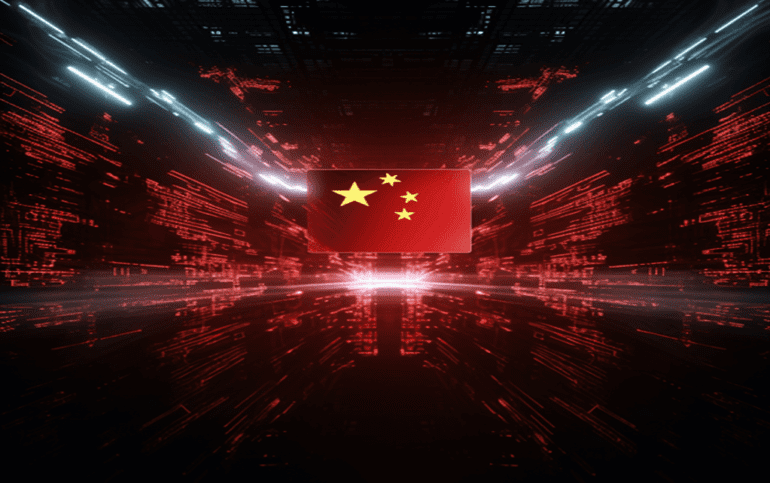TL;DR:
- China unveils the Global AI Governance Initiative at the Belt and Road Forum.
- This initiative promotes an open, inclusive, and fair approach to AI development.
- It emphasizes fairness, non-discrimination, and respect for national sovereignty in AI.
- China opposes the misuse of AI for manipulating public opinion and interfering in other nations’ affairs.
- The initiative calls for a risk assessment system and robust data privacy regulations.
- It advocates for the participation of all nations in setting AI rules, regardless of their capabilities.
- China’s cooperative stance differs from the US’s unilateral restrictions on AI cooperation.
- Western countries’ competitive approach hinders global AI governance.
Main AI News:
In a groundbreaking move, China unveiled the Global Artificial Intelligence (AI) Governance Initiative during the third Belt and Road Forum for International Cooperation (BRF) in Beijing. This initiative marks a stark departure from the United States’ restrictive stance and underscores China’s commitment to an open, inclusive, and equitable approach to the development, security, and governance of emerging AI technologies.
China’s emphasis on fairness and non-discrimination in AI development sets it apart from the US, which has intensified unilateral restrictions on global AI cooperation, primarily to safeguard its own interests. While Western nations have also sought to establish rules for AI, their motives appear rooted in self-preservation.
The Global AI Governance Initiative, introduced by Chinese President Xi Jinping, addresses various facets of AI governance. It calls for a people-centered approach and upholds principles of mutual respect, equality, and mutual benefit in AI development, ensuring that it benefits all nations and regions. The initiative emphasizes respecting national sovereignty and adhering to the laws of host countries when providing AI products and services. It firmly opposes the misuse of AI technologies for manipulating public opinion, spreading disinformation, interfering in internal affairs, or jeopardizing the sovereignty of other states.
Furthermore, the initiative advocates for the creation of an AI risk assessment system and the development of relevant laws and regulations to safeguard personal privacy and data security. It underscores the importance of fairness and non-discrimination, discouraging biases based on ethnicity, beliefs, nationality, or gender during data collection, algorithm design, technology development, and product application.
China’s Foreign Ministry spokesperson praised the initiative for offering a constructive approach to address global concerns about AI development and governance, setting the stage for international discussions and rule-making. China is ready to collaborate with all stakeholders to advance global AI governance and harness the benefits of AI technology for humanity.
This cooperative approach aligns with China’s commitment to promote technological innovation and progress among all countries participating in the Belt and Road Initiative (BRI). By focusing on joint advancement in cutting-edge fields like AI, China aims to elevate the scientific and technological capabilities of various nations, fostering mutual growth and avoiding a zero-sum mentality.
China’s initiative comes in contrast to the US, which continues to tighten export restrictions on AI-related chips and semiconductor manufacturing equipment destined for China. This unilateral approach has prompted strong opposition from China, emphasizing the need for equitable cooperation in AI.
Western nations, too, have been vying to establish AI rules, resulting in competition rather than collaboration. China advocates an approach where all nations, regardless of their AI capabilities, participate in rule-setting rather than being passive observers or adhering to rules imposed by others.
China’s vision reflects a commitment to win-win cooperation, not only in traditional projects but also in technological development, with all BRI partners. As China’s technological capabilities grow, countries in Asia and beyond look to China for leadership in promoting technological cooperation and economic development.
Kairat Sarybay, secretary-general of the Conference on Interaction and Confidence Building Measure in Asia, expressed hope that China’s newfound economic and technological influence would contribute to enhancing cooperation, peace, security, and stability in the region.
Conclusion:
China’s Global AI Governance Initiative signifies a paradigm shift towards inclusive and equitable technological cooperation. This approach fosters collaboration and mutual growth, offering new opportunities for businesses in the global AI market. Companies should be prepared to adapt to evolving international AI governance standards and explore collaborative ventures in this dynamic landscape.

